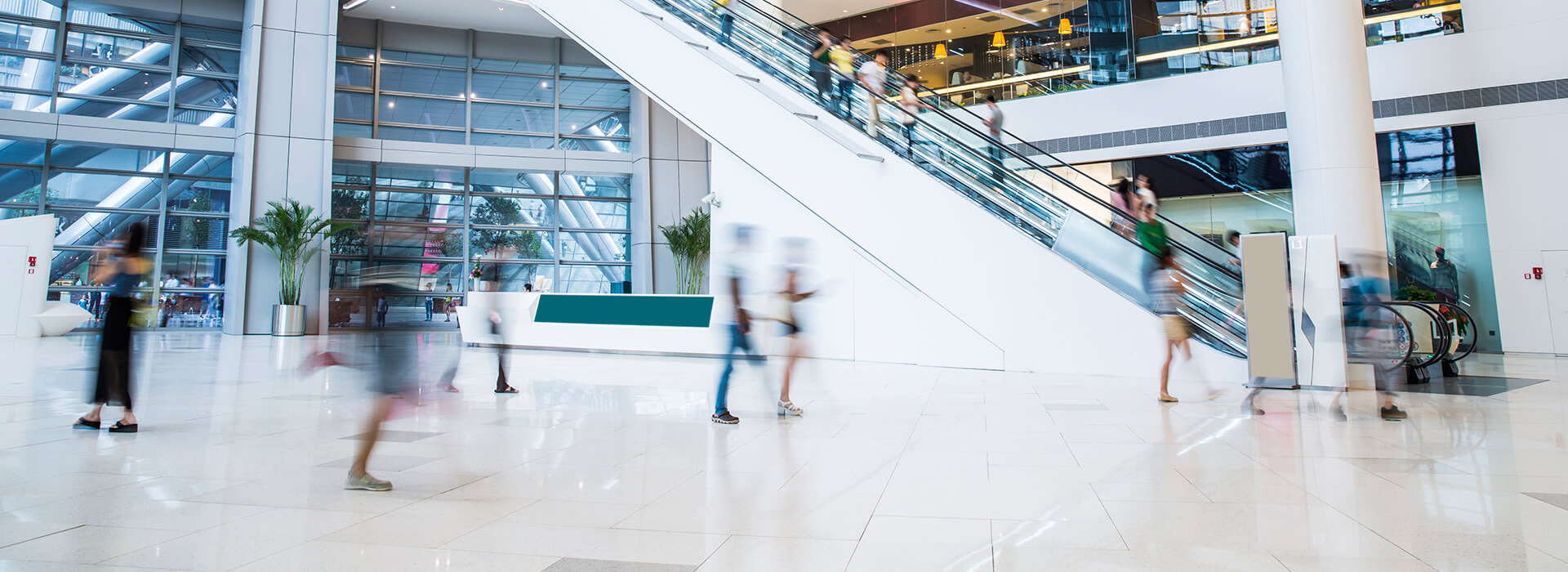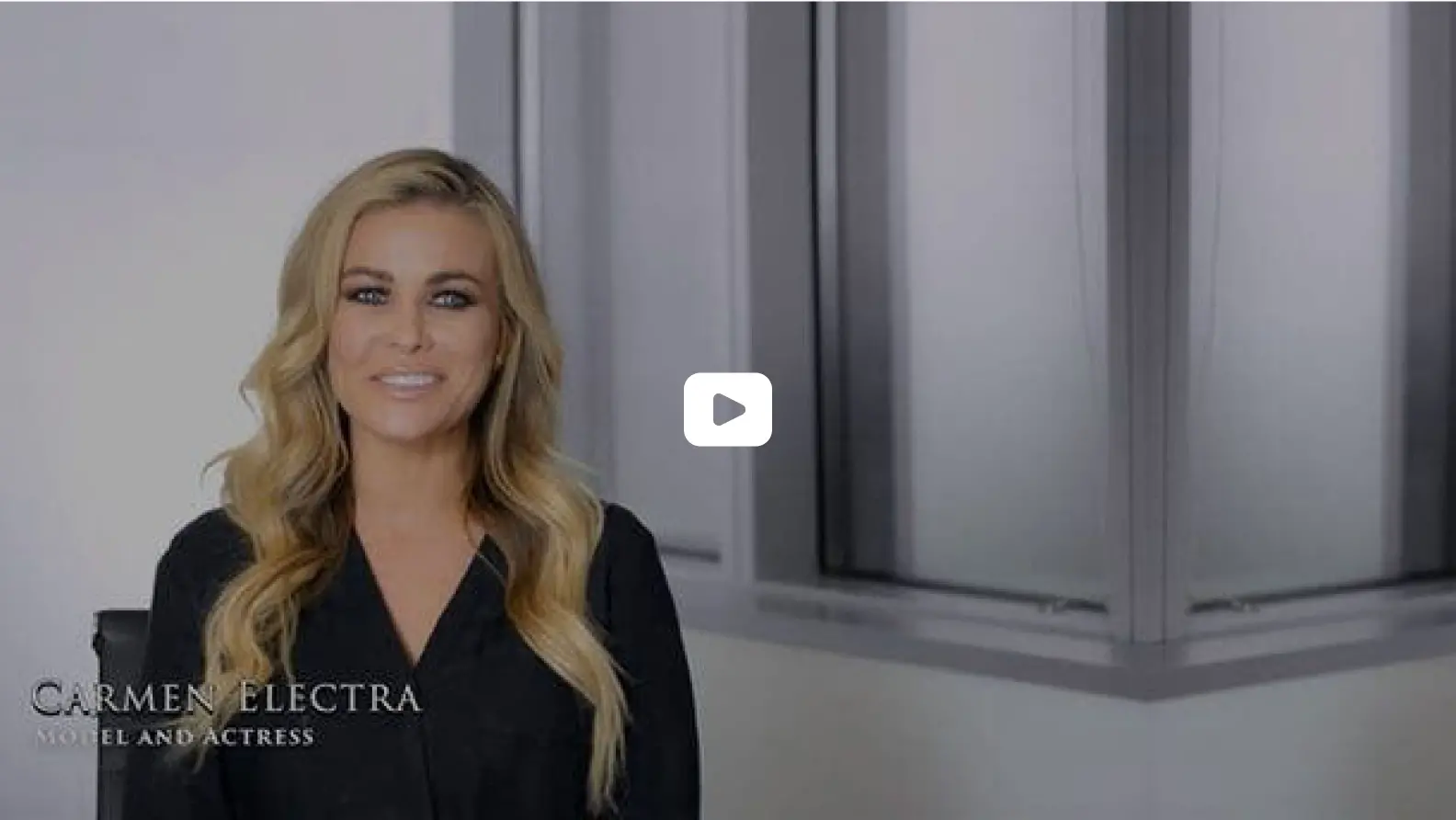
Types of Premise Liability for Property Visitors
Types of Visitors a Property Owner Must Provide a Duty of Care to

All property owners, whether they own a health food store, a private home, or a large government building, are required by law to take reasonable action to protect their guests from being injured while on their property.
Basic requirements include, at the very least, providing sufficient security, adequate lighting, and appropriate maintenance. However, not everyone who enters a property is actually welcome. A property owner’s duty of care will vary depending on the type of visitor who is on their property.
Below, our experienced Los Angeles premises liability attorneys will discuss the types of premises liability visitors and how liability is affected accordingly. If you have suffered injuries as a result of a premises liability accident, West Coast Trial Lawyers is always here to answer any questions you may have about premises liability claims and available damages. You can contact our 24/7 legal team by calling 213-927-3700 or filling out our quick contact form.
Property Owner’s Duty of Care
The state of California requires all property owners to use reasonable care in the ownership and maintenance of their property. Visitors to a property can be broken up into:
- Invitee. An invitee has a landowner’s expressed or implied permission to be on their property. Invitees are typically friends, relatives, or neighbors. These individuals, due to the fact that they have been invited onto a property, are owed the greatest duty of care. Therefore, in the event of an accident, a landlord will almost certainly be held liable. Liability will be affected depending on whether an injured individual played any relevant role in causing an accident.
- Licensees. A licensee has a landowner’s express or implied permission to be on their property. The difference is that licensees are on the property for their own purposes. Salespeople, for example, are licensees. Property owners usually owe licensees less of a duty of care than their invitees. However, property owners still must do everything in their power to warn licensees of any hazardous conditions if:
- The landowner is aware of a hazardous condition, and
- A licensee is unlikely to discover that hazard on their own.
- Trespassers. A trespasser is not authorized on the property and has no legal reason to be there. Property owners generally don’t owe trespassers any duty of care, unless that trespasser is a child.
Duty of Care and Liability
Premises liability claims are based on someone’s negligence. An aggrieved individual must show that a property owner was negligent regarding ownership or maintenance in order to have a claim for premises liability.
Just because you were hurt on another individual’s property does not necessarily mean a property owner was negligent. Also, just because a property itself presents a hazardous condition, does not mean a property owner was negligent, either.
According to California Civil Code 1714(a): “Everyone is responsible, not only for the result of his or her willful acts, but also for an injury occasioned to another by his or her want of ordinary care or skill in the management of his or her property or person.”
Determining who’s at-fault in a premises liability case is complex. Premises liability lawsuits require an injured individual to prove that he or she was harmed because of a property owner/manager’s negligence. An injured individual must specifically prove that the:
- Defendant leased, owned, occupied, or was controlling the property where the incident took place
- Defendant acted negligently regarding use or maintenance of the property
- Plaintiff was hurt
- Defendant’s negligence was the primary factor that caused a plaintiff’s injuries
As mentioned, all property owners have a duty of care to reasonably maintain their premises. A duty of care for a property owner essentially encompasses any actions that a reasonable property owner should take or should have taken in similar circumstances.
When it comes to deciding if a property owner/manager breached his or her duty of care, the following will be considered:
- How likely is an injury to occur given the circumstances?
- How serious could such an injury be in these circumstances?
- Did the owner know about or should have known about the hazardous condition that caused the accident?
- Where is the property located?
- How much of a burden would it have been to minimize or eliminate the hazardous condition?
- How much control did the property owner have over the hazardous condition?
Available Damages
If you were injured as a result of someone else’s negligence, you may be entitled to compensation for your losses. Damages are a type of monetary award that is determined by a court of law to help compensate an aggrieved individual for any losses or injuries sustained as a result of someone’s negligence.
Economic damages are intended to compensate a plaintiff for losses that a dollar amount can readily be attached to. It is calculated by determining the amount of out-of-pocket losses an aggrieved individual has or will expect to incur as a result of their injuries. A few examples of economic losses include:
- Loss of Earning Capacity
- Medical Bills
- Lost Wages
Non-economic damages are essentially intended to cover losses that are thought of as subjective and will not necessarily cover out-of-pocket losses. This may include compensation for:
- Emotional Distress
- Pain and Suffering
- Loss of Enjoyment of Life
The third type of damages a California court may award are known as punitive damages. It is intended as punishment and is only awarded when a defendant’s behavior is especially harmful. Punitive damages are relatively rare and in fact were only incorporated in 5 percent of all verdicts.
Furthermore, there is no real set standard for calculating and awarding punitive damages. Punitive damages are awarded at the court’s discretion and will vary depending on the specific circumstances of a case.
Contact West Coast Trial Lawyers to Find Out How We Can Help
If you have sustained injuries as a result of a premises liability accident, our experienced premises liability attorneys at West Coast Trial Lawyers will help you recover compensation for the losses you have suffered, including medical bills, property damage, lost wages, and pain and suffering.
Contact us today by calling 213-927-3700 or filling out our contact form to schedule a free consultation with our knowledgeable, caring, and compassionate legal team.



